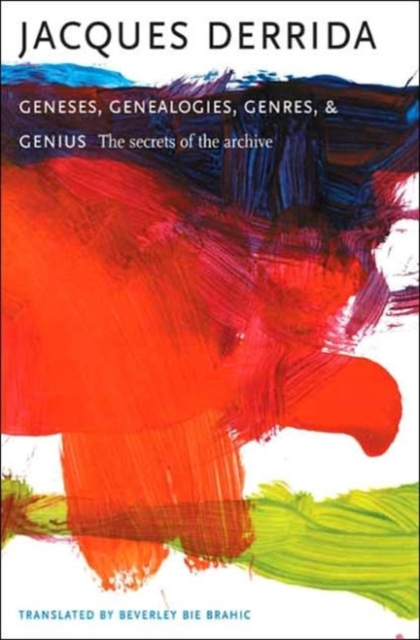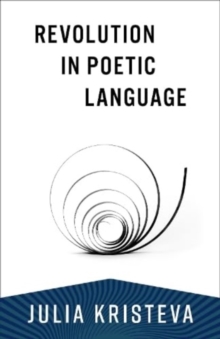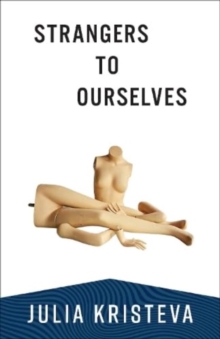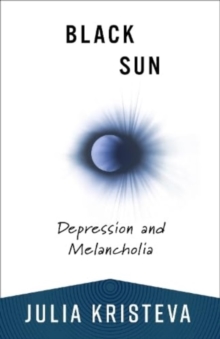
Geneses, Genealogies, Genres, and Genius : The Secrets of the Archive Hardback
by Jacques Derrida
Part of the European Perspectives: A Series in Social Thought and Cultural Criticism series
Hardback
Description
Jacques Derrida argues that the feminist and intellectual Helene Cixous is the most important writer working within the French idiom today.
To prove this, he elucidates the epistemological and historical interconnectedness of four terms: genesis, genealogy, genre, and genius, and how they pertain to or are implicated in Cixous's work. Derrida explores Cixous's genius (a masculine term in French, he is quick to point out) and the inspiration that guides and informs her writing.
He marvels at her skillful working within multiple genres.
He focuses on a number of her works, including her extraordinary novel Manhattan and her lyrical and evocative Dream I Tell You, a book addressed to Derrida himself and one in which Cixous presents a series of her dreams.
Derrida also delves into the nature of the literary archive, the production of literature, and the importance of the poetic and sexual difference to the entirety of his own work. For forty years, Derrida had a close personal and intellectual relationship with Helene Cixous. Clever, playful, and eloquent, Geneses, Genealogies, Genres, and Genius charts the influence these two critical giants had on each other and is the most vital work to address Cixous's contribution to French thought.
Information
-
Out of stock
- Format:Hardback
- Pages:128 pages
- Publisher:Columbia University Press
- Publication Date:29/02/2024
- Category:
- ISBN:9780231139786
Other Formats
- Hardback from £19.89
- Paperback / softback from £16.55
Information
-
Out of stock
- Format:Hardback
- Pages:128 pages
- Publisher:Columbia University Press
- Publication Date:29/02/2024
- Category:
- ISBN:9780231139786










